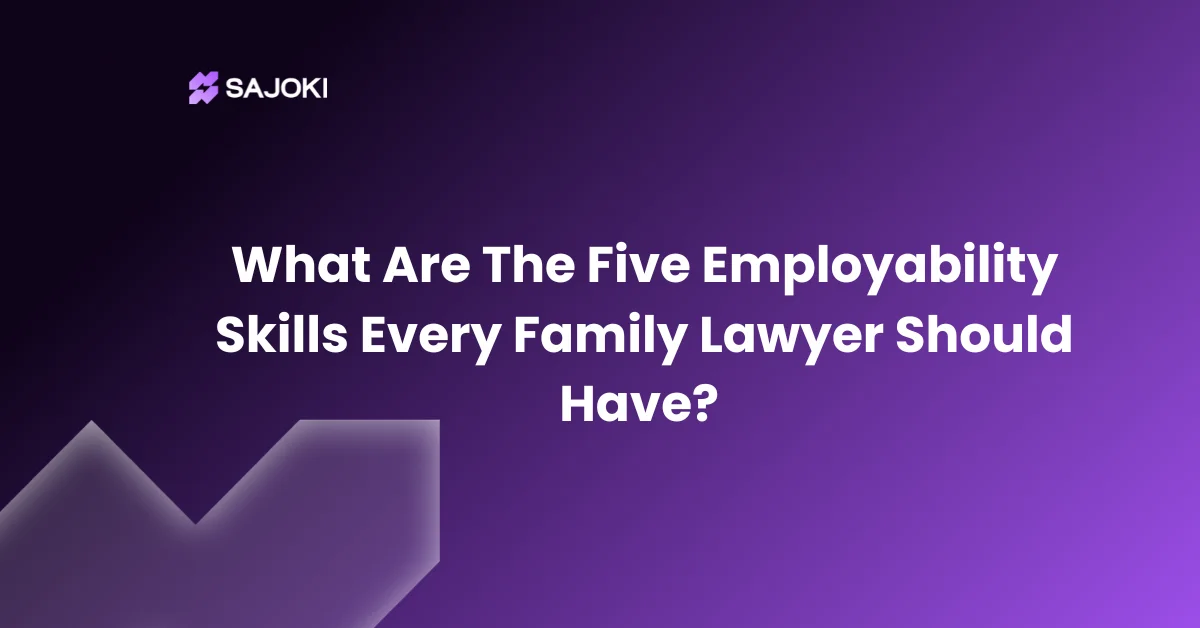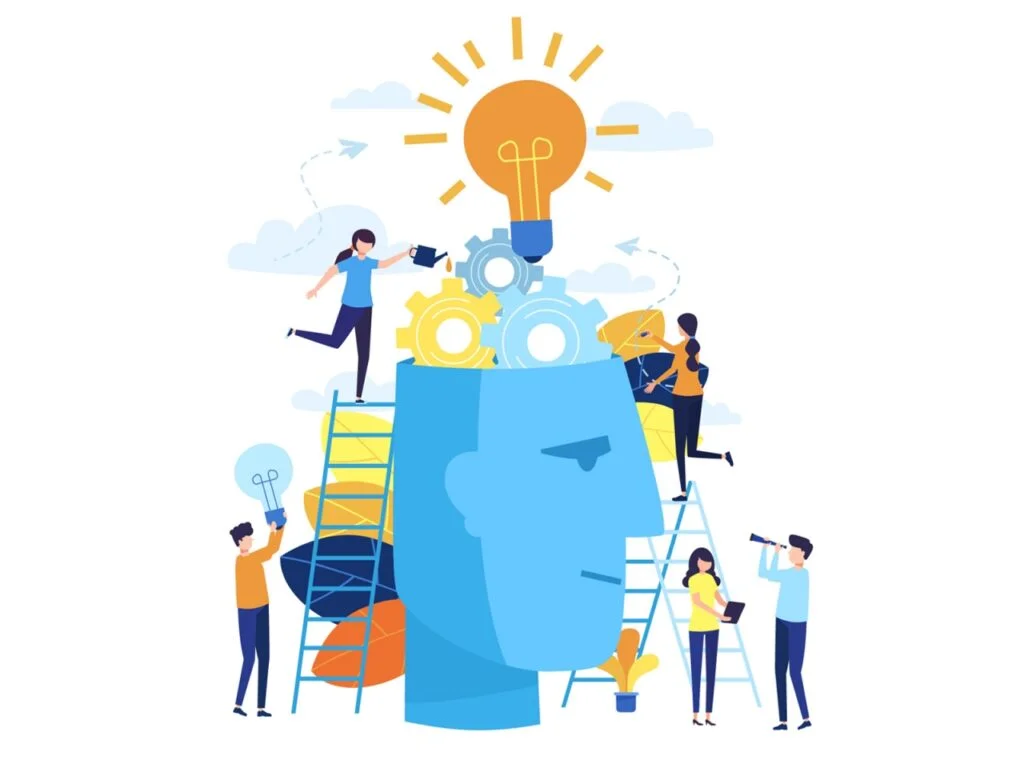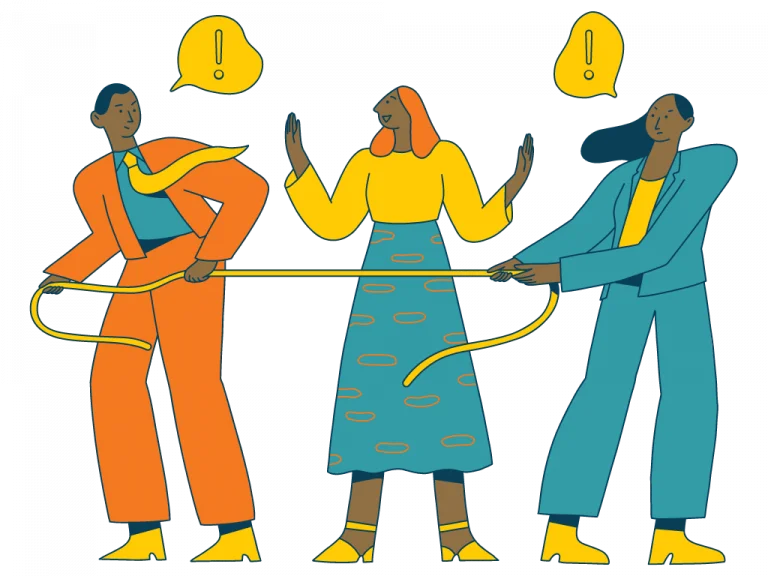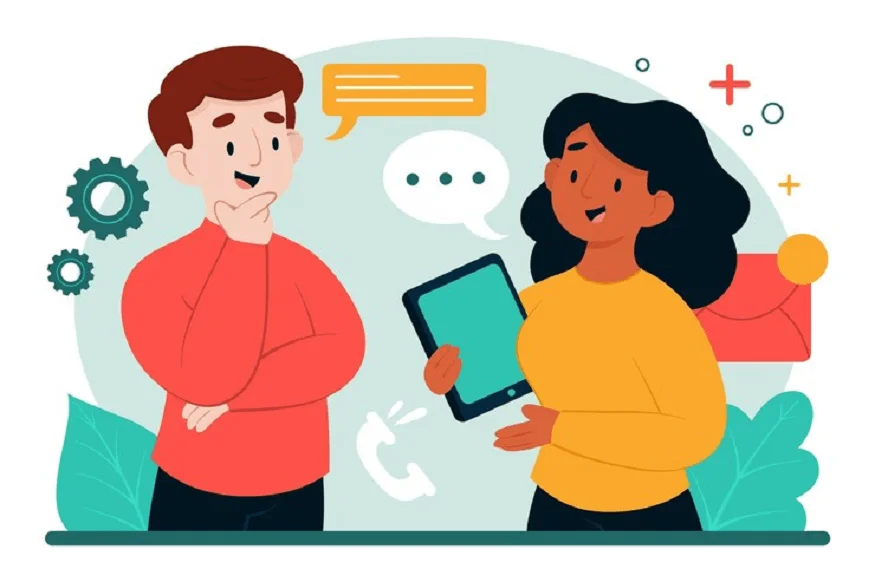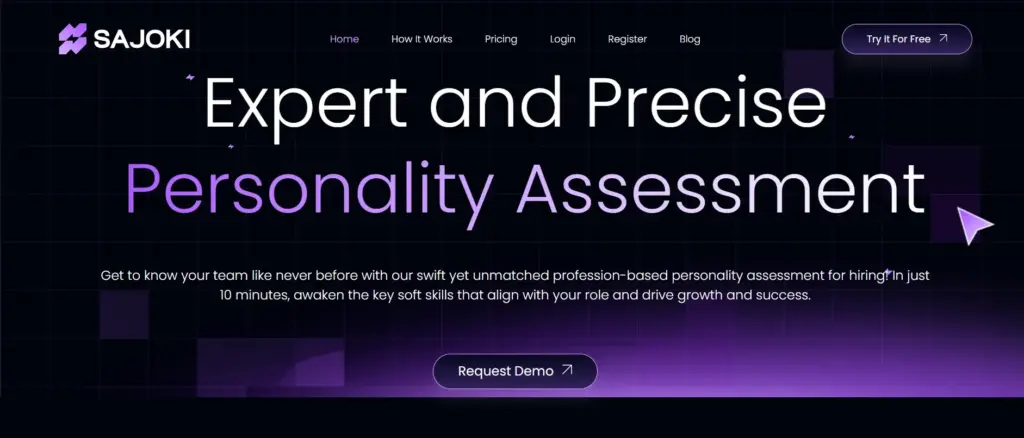Family lawyers are always dealing with sensitive matters. They have to navigate issues that require more than legal knowledge or expertise. In addition to legal knowledge, having the right soft skills can help lawyers go a long way!
So, what are five soft employability skills of a family lawyer? Attention to detail and conflict resolution are inevitable if you want a successful legal career. Additionally, soft skills such as critical thinking, communication, and adaptability are just as essential.
Next, in this blog, we will be diving into the details of the soft skills of a family lawyer. We will also tell you three additional soft skills and how to improve them. So, let’s get started!
Why Do Family Lawyers Need Soft Skills?
Being a lawyer is so much more than handling and regulating legalities and enforcing laws. This is why lawyers, especially family lawyers, can’t get away with having poor soft skills.
The job is all about navigating complex human situations and offering strategic guidance. As lawyers, you will be held accountable for even the most trivial issues in one’s life. You must be a trusted advisor, showing the right pathway and bringing people out of their personal dilemma.
To be able to help people on such a personal level, lawyers must possess certain soft skills. Such skills aren’t optional, they are rather just as essential as having proper legal knowledge.
Here is how soft skills can help lawyers.
-
Develops Strong Negotiation Skills
Legal expertise doesn’t always impact one’s negotiation skills, but soft skills do. The right soft skills allow lawyers to negotiate skillfully, avoiding unnecessary errors.
-
Helps Build Trust And Rapport With Clients
Soft skills are the key to connecting with people. Family lawyers with strong skills are highly qualified to work politely with diverse people. It helps them become more compassionate and grounded. So, they can truly understand their clients and work for their well-being.
-
Influences Decision-Making Abilities
The importance of having soft skills also lies in their ability to drive proper decision-making. The right soft skill helps a family lawyer to stay calm and work strategically. Moreover, it leads to sound judgment when faced with conflicting information or high-stakes scenarios.
-
Influences Courtroom Demeanor
Having strong soft skills allows family lawyers to be more level-headed and professional. Soft skills influence everything about them, starting from non-verbal communication and courtroom confidence to navigating strong emotions.
-
Improves Overall Knowledge And Skills
Soft skills empower lawyers with both well-developed legal knowledge and practical skills. It encourages them with a growth mindset, allowing them to stay proficient and competitive throughout their career.
5 Essential Employability Soft Skills Every Family Lawyer Should Have
Diving right into the question, what are five soft employability skills of a family lawyer? This will help you build the essential soft skills a lawyer will absolutely need. Without them, even the most highly qualified lawyers might fall behind.
1. Attention To Detail
In a legal career, even the tiniest detail might lead to a big success. Overlooking a small detail can drastically affect your case.
Moreover, clients often hesitate to disclose the entire matter. In such cases, you must pay attention to every little word or action in order to get the whole story.
This mindfulness shouldn’t just be present when working with clients or handling different paperwork. You must be mindful of different clauses, agreements, or any inconsistencies.
How To Enhance Attention To Detail?
- Try to stay as organized as possible.
- Avoid distractions when working and try not to multitask.
- Always double-check everything.
- Try to use checklists when possible.
- Focus on improving your concentration.
2. Critical And Analytical Thinking Skills
Family lawyers have to deal with complex interpersonal challenges. Most of these family matters are hardly ever straightforward. They involve various disagreements and emotional discrepancies.
To navigate such challenges, lawyers must develop strong critical and analytical thinking skills.
They should be able to analyze the various layers of a case to understand incentives and prepare for unexpected challenges.
How To Build Strong Critical And Analytical Skills?
- Try to ask questions about every little information.
- Read complex case studies that will challenge your thinking.
- Learn from each case, analyze, and review the things that you did incorrectly.
- Always try to dig deeper. Try to tackle each problem from multiple perspectives.
3. Conflict Resolution Skills
Strong conflict resolution skills are the key to a lawyer’s professional success. Tension and disputes are inevitable for a lawyer, perhaps even more so when you’re a family lawyer.
Conflict resolution skills help lawyers manage diverse clients in a calm, strategic manner.
Such skills lead to fair settlements without letting familiar emotions affect the case. Moreover, they will allow the lawyers to preserve dignity among the families and reduce emotional stress.
How To Work On Your Conflict Resolution Skills?
- Try to understand all the parties involved in the case.
- Truly acknowledge the issue after you’ve gathered sufficient information.
- Maintain a neutral language, speaking carefully with proper intentions.
- You can always take a break if the situation gets too heated.
4. Communication Skills
Strong communication skills build the foundation for a thriving legal career. Whether it is dealing with clients or presenting in the courtroom, these skills prove to be useful everywhere.
Your clients should be able to comprehend what you’re saying. You need to connect with them properly, instead of providing them with mere technical jargon. Clear and compassionate communication will help to maintain a strong, stress-free procedure.
How To Improve Communication Skills?
- Use simple and straightforward language for all client interactions.
- Try to listen more actively.
- Try to communicate based on the way your clients perceive information. Try to understand what will help them feel more comfortable.
- You can always ask for feedback from clients to improve your communication skills.
5. Adaptability
Lastly, as a family lawyer, you must focus on your adaptability skills. Every case detail, client interaction, or courtroom demeanor will be different. You need to be on your toes, handling diverse circumstances to the best of your ability.
In such scenarios, adaptability skills will help you stay ahead in the game. Being adaptable will help you manage both emotional and legal dynamics with professionalism.
How To Enhance Adaptability Skills?
- Try not to limit your perceptions to uncertain case scenarios.
- Get comfortable with all sorts of uncertainties.
- Stay informed about legal trends, technology, and family policy updates to prepare for changes.
- When possible, try to step out of your comfort zone. Try to take cases that will challenge you, but also maintain confidence in your ability to win.
3 Additional Soft Skills of a Family Lawyer
Hopefully, you have got an idea about the five essential employability skills of a family lawyer. However, there are some other soft skills that can always help a family lawyer. What are they? See for yourself.
1. Teamwork Skills
While lawyers might typically work one-on-one with clients, their job isn’t limited to working alone. They have to interact with colleagues, paralegals, court officials, and so many others.
This is where good teamwork abilities help them flourish. This helps lawyers to ensure that all parts of the legal team function properly, working in the client’s best interest.
How To Enhance Teamwork Skills?
- Try to communicate clearly and proactively with your team.
- Work toward a single accomplishment instead of setting multiple goals.
- You may review cases together to identify a common working pattern for all.
- You can engage in team-building activities outside of work while still maintaining professionalism.
2. Time Management Skills
Needless to say, lawyers have a very hectic schedule. Keeping up with deadlines and courtroom appearances amidst all the interpersonal chaos among clients can be overwhelming. Even more so, if you don’t have solid time management.
Good time management skills help lawyers stay on track. More importantly, they prevent work-induced stress in lawyers, thus preventing burnout.
How To Develop Strong Time Management Skills?
- Try your hand at digital time management tools or task trackers. You can use Google Calendar, Notion, Pomodoro Timers, and more.
- Prioritize your tasks based on urgency and the impact of the task. Remember, not all tasks will have the same result.
- Set aside time for particular tasks and pay all your attention to them.
- Avoid multitasking.
- Understand how much you can commit to and don’t take on more than you can handle.
Existing Relevant Content:
Is Time Management A Soft Skill?
3. Empathy
Empathy is also an important soft skill for a family lawyer. They often face emotionally raw challenges, whether it is drifting relationships, disputes, or parental custody issues.
In such cases, empathy allows them to understand what a client is going through. It makes sure they deal with the case with compassion while being professional and poised.
How To Develop Empathy?
- Practice actively listening to your clients.
- Try to be self-aware regarding your actions and words.
- Read books or attend training on client-centred legal practices.
- Always try to maintain your emotional boundaries, no matter how emotional the cases are.
Evaluating The Soft Skills Of A Family Lawyer
Well, now you know what soft skills to look for in a family lawyer. However, the question is, how?
Maybe you’re a lawyer who wants to identify your soft skills, or perhaps you’re hiring a family lawyer. What should you do in such cases?
Well, identifying soft skills doesn’t have to be complicated. SAJOKI is your one-stop solution to identifying soft skills in yourself or in any job prospect. It is an AI-powered pre-employment personality testing platform.
More importantly, SAJOKI specializes in role-specific soft skills. This means the test results highlight soft skills that are relevant to a legal field. Moreover, with its profile comparison tool, SAJOKI allows employers to find the best-fit candidate for specific roles.
We highly recommend you get your hands on SAJOKI without any further delay. This platform offers versatile pricing, catering to everyone.
Existing Relevant Content:
Soft Skill Assessment – The Key To Workplace Success
How To Use Sajoki?
Simply follow the steps ahead to use SAJOKI for your next recruitment.
1. Create An Account
Create an account on SAJOKI’s platform.
2. Create A Test
After logging in, click on the Create option. You will be directed to a new page where you can create the test and a job description by providing the job title.
Enter the job title as Family Lawyer, then click on Get AI-Generated Job Description, and finally Generate Test. This will create the test for family lawyers.
3. Send Assessment Code To Job Candidates
You will be given a code through which your job candidates can access the test. So, make sure to share the code with them.
4. AI-Based Profile Generation
After the completion of the tests, SAJOKI uses AI to analyze each response. The platform will carefully look into individual responses and create personality profiles. Thus, providing you with insights into their soft skills.
FAQ
Q. What is the most important soft skill for a family lawyer?
No soft skill is more important than the other. A combination of soft skills, such as critical thinking, communication, and conflict resolution, enables lawyers to excel in their careers.
Q. How do soft skills impact legal practice?
Soft skills affect the way a lawyer interacts with clients. They allow lawyers to practice more ethically and compassionately, ensuring proper, workable solutions.
Q. What soft skills are useful during mediation or out-of-court settlements?
Soft skills like conflict management, empathy, and analytical thinking are very useful in such cases. They help family lawyers to stay calm while handling disputes professionally.
Conclusion
To sum up, what are five soft employability skills of a family lawyer? A family lawyer should have soft skills such as attention to detail, critical and analytical thinking, conflict resolution, communication, and adaptability.
While there’s no specific limitation to the soft skills of a lawyer, these five will definitely help them stay ahead in the game. It will not only support them to navigate legal challenges but also to connect with clients on a deeper level. Thus, making these soft skills just as essential as legal expertise.
